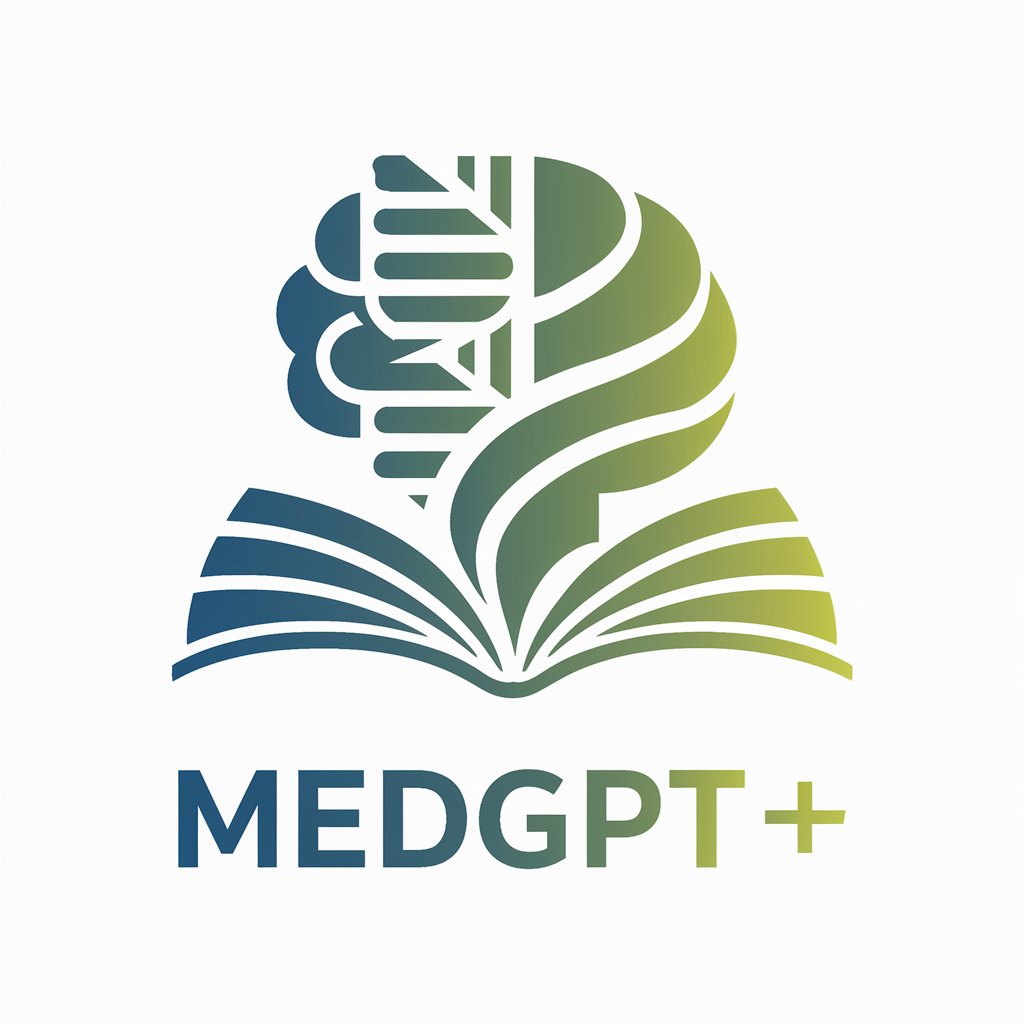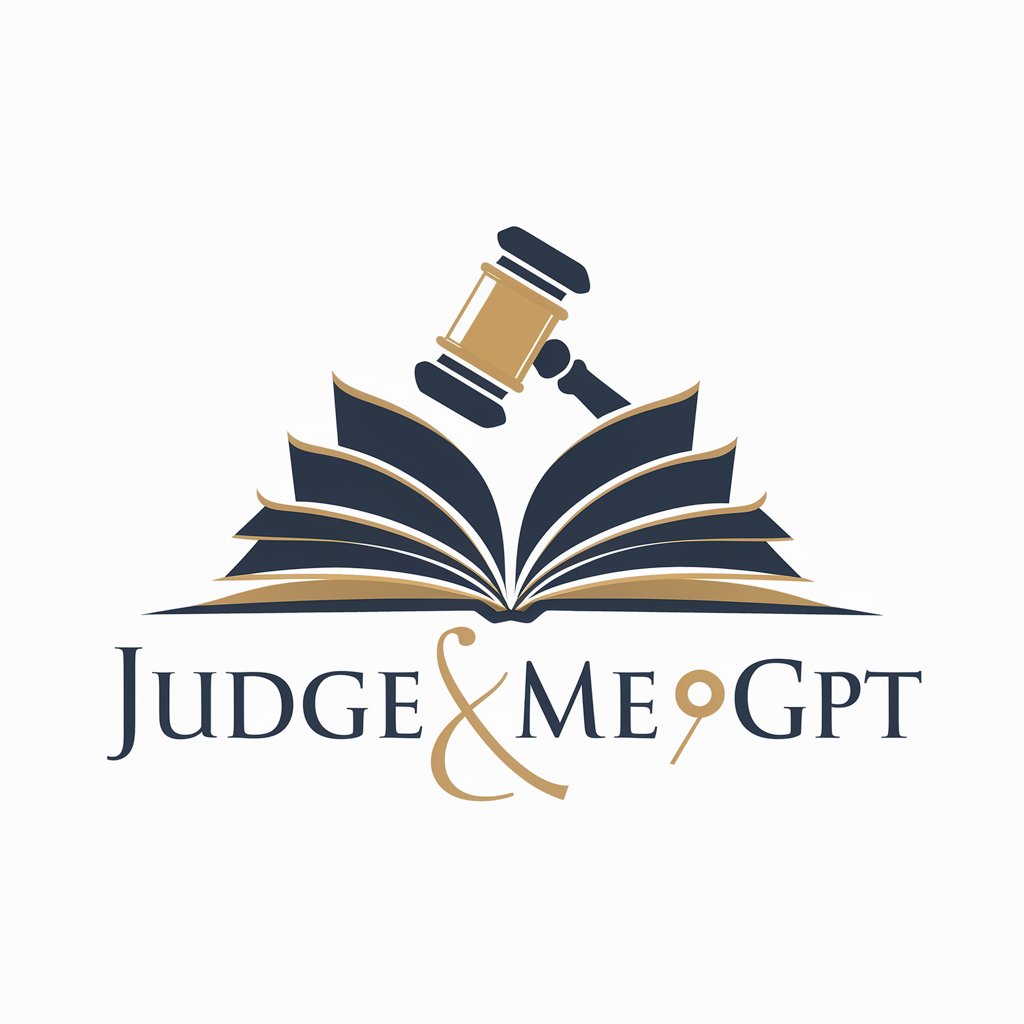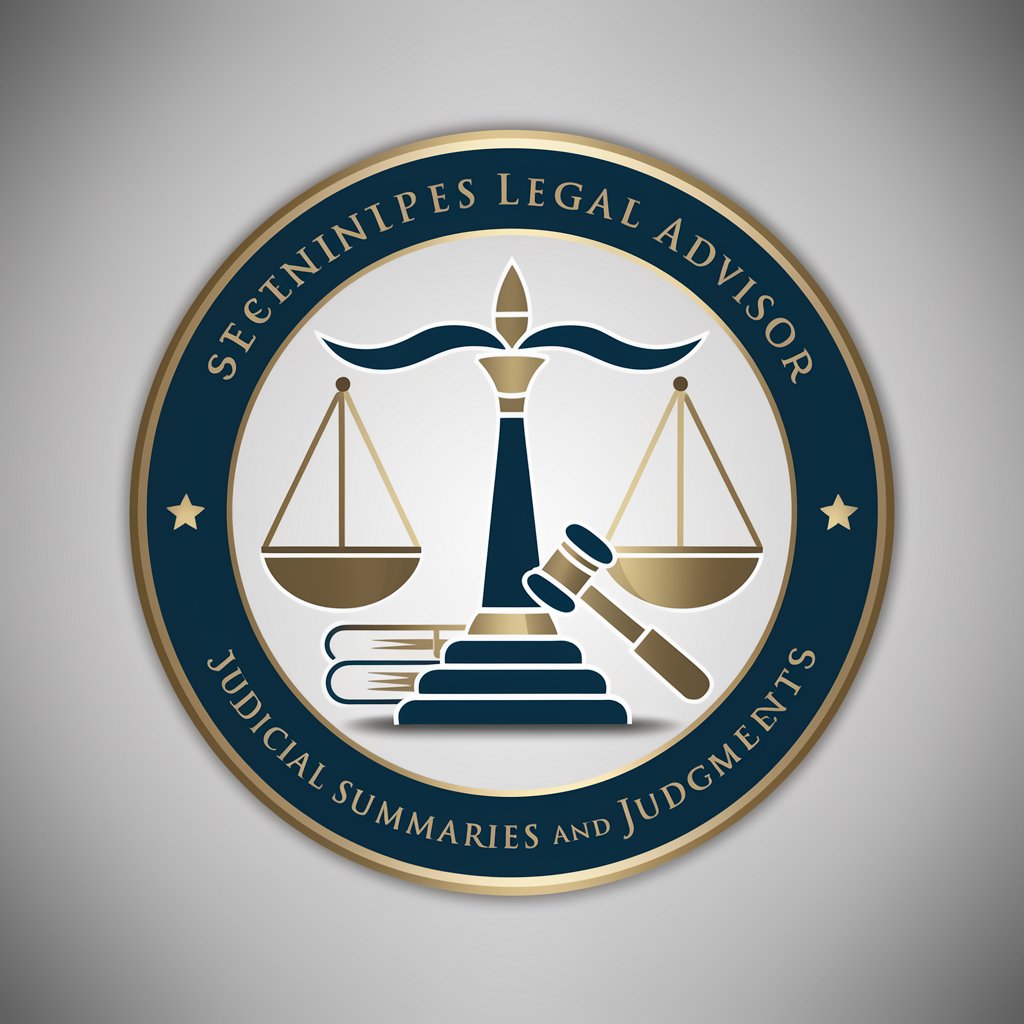
Direito Público-AI-powered legal assistance tool
AI-driven public law insights and drafting

Expert in Public Law, aiding in legal interpretation and academic research
Explain the principles of public administration
How do public bidding processes work?
Discuss a recent Supreme Court decision
Assist in drafting an academic article on environmental law
Get Embed Code
Introduction to Direito Público
DireDireito Público overviewito Público, or Public Law, refers to the area of law that governs the relationships between the state and individuals or other entities. Its core purpose is to regulate public administration, ensure justice within state institutions, and protect citizens' rights while balancing state authority. Public Law includes various branches, such as Constitutional Law, Administrative Law, Criminal Law, Tax Law, and International Law, all of which focus on ensuring the correct functioning of the state and the fair treatment of individuals. Its fundamental design is to keep a check on government power, ensuring transparency, accountability, and protection of individual freedoms. For example, in cases of unconstitutional laws, Public Law provides mechanisms for citizens to challenge such laws through constitutional courts. In criminal law, Public Law helps in prosecuting criminal offenses committed against society, such as embezzlement of public funds.
Main Functions of Direito Público
Regulation of State Authority
Example
Constitutional Law provides the legal framework that outlines the powers and limitations of the government and its officials.
Scenario
Direito Público functionsIn a scenario where a government official exceeds their power or violates constitutional rights, Direito Público enables individuals or groups to seek judicial intervention through constitutional review or legal challenges. For example, if the president signs a decree that contradicts the Constitution, a lawsuit can be filed to nullify that action.
Ensuring Public Order and Justice
Example
Criminal Law focuses on defining criminal offenses, setting penalties, and prosecuting individuals who break these laws.
Scenario
In a situation where a person is caught engaging in a crime like bribery involving public officials, Direito Público ensures that the state properly investigates and prosecutes the offense. Public prosecutors, using Criminal Law principles, initiate legal action to bring the wrongdoer to justice, and the judicial system applies penalties according to the law.
Protection of Civil Rights
Example
Administrative Law ensures that citizens can access government services fairly and hold public institutions accountable for decisions that affect them.
Scenario
If a citizen is wrongly denied social security benefits due to administrative errors or discrimination, Direito Público, specifically Administrative Law, provides legal recourse. The citizen can challenge the decision through a lawsuit, ensuring that government actions comply with due process and civil rights protection.
Ideal Users of Direito Público Services
Government Officials and Administrators
Government employees, including elected officials, bureaucrats, and public administrators, are among the key users of Direito Público services. They benefit from its framework to ensure that their actions are in line with legal norms and principles. They also rely on it to understand the limits of their authority, the responsibilities they must uphold, and how to respond to legal challenges from the public. Public officials must adhere to regulatory laws that ensure fairness, transparency, and accountability. For example, a local government official who is implementing zoning laws must ensure that decisions align with constitutional rights, administrative procedures, and judicial oversight to prevent legal challenges.
Citizens and Civil Society Organizations
Citizens, as individuals or members of organizations, form another primary group of users. Public Law ensures their rights are protected, such as through constitutional guarantees or access to legal recourse when government actions are abusive or unjust. For instance, a group of citizens who believe that their right to protest has been unjustly restricted by local authorities can use Public Law frameworks to challenge such actions in court. Civil society organizations focused on human rights, environmental protection, and social justice also rely on Public Law services to advance their causes, either through lobbying for legal reform or representing individuals and communities in legal battles against state abuses.
Legal Professionals and Law Firms
Lawyers, legal scholars, and law firms specializing in Public Law represent a crucial user group. They help clients navigate legal challenges involving state institutions and ensure compliance with the law. These professionals need a deep understanding of Public Law to advise clients on constitutional rights, defend them in criminal trials, and advocate for justice in administrative matters. For example, a lawyer might represent a business that disputes a regulatory decision made by a government agency, such as a fine for non-compliance with environmental standards. Legal professionals use Public Law to both interpret complex legal issues and to ensure a fair hearing for their clients in court.
How to Use Direito Público
Direito Público usage guide1. Start with Free Trial
Visit aichatonline.org to access a free trial without requiring any login or ChatGPT Plus subscription.
2. Choose a Use Case
Select the specific area you need help with, whether it's academic writing, legal analysis, or public policy creation. This helps to tailor the experience to your needs.
3. Input Query or Topic
Enter your question or provide a topic you're working on. Direito Público works best when you give clear, well-defined prompts, allowing the AI to provide the most relevant and accurate results.
4. Review and Refine Output
After receiving the response, assess whether it fits your needs. You can refine or adjust your prompt to receive more precise or expanded information. The AI allows you to iterate until you get the desired response.
5. Utilize for Various Scenarios
Use Direito Público for diverse legal or academic purposes such as drafting documents, understanding laws, conducting research, or generating ideas. The AI can be a powerful assistant in producing content that is well-researched and legally sound.
Try other advanced and practical GPTs
Professor AL
AI-powered assistance for writing and research.

Lucy
AI-powered research and writing, responsively human

MedGPT2+
MedGPT2+ — AI-powered clinical reasoning and biomedical education

Photo Math GPT
AI-powered math solver with step-by-step solutions.

Judge·Me•GPT
AI-enhanced content evaluation and improvement.

Livewire v3 Coding Assistant
AI-powered Livewire v3 assistant for faster component development

Kein KI Text (Menschlicher Schreiber) - deutsch
AI-powered German writing that sounds human

WixGPT
Generate content effortlessly with AI power.

ModCraft for Minecraf
Generate Minecraft mods with AI power

文案改写
Rewriting Made Easy with AI Power.

PIXTA画像生成ツール
Generate custom images with AI power.

Youtube Seo Description
AI-powered SEO descriptions for YouTube.

- Academic Writing
- Legal Research
- Document Drafting
- Policy Development
- Public Law Analysis
How to use Direito PúblicoFrequently Asked Questions About Direito Público
What is Direito Público?
Direito Público is a legal tool powered by AI designed to assist in understanding, interpreting, and generating content related to public law, government policy, and legal writing. It helps users navigate complex legal topics quickly and accurately.
How does Direito Público assist in academic writing?
Direito Público helps in academic writing by providing structured content on legal topics, suggesting relevant research points, and even drafting parts of essays or papers. It also offers summaries of legal documents and helps cite sources correctly.
Can I use Direito Público for legal research?
Yes, Direito Público is ideal for legal research. It can help you understand the context and implications of legal rules, provide examples of precedents, and outline significant legal concepts, making it easier to compile research materials quickly.
Is there a limit to the number of queries I can make?
There is no set limit to the number of queries you can make, especially during the free trial. However, for extended usage, you may need to subscribe for access to premium features such as advanced legal analysis or detailed document creation.
What is the accuracy of the AI’s legal responses?
The AI provides highly accurate legal responses based on available public law resources and legal principles. While it is a powerful tool for generating content and providing insights, it should not replace professional legal advice or expert consultation in specific cases.






